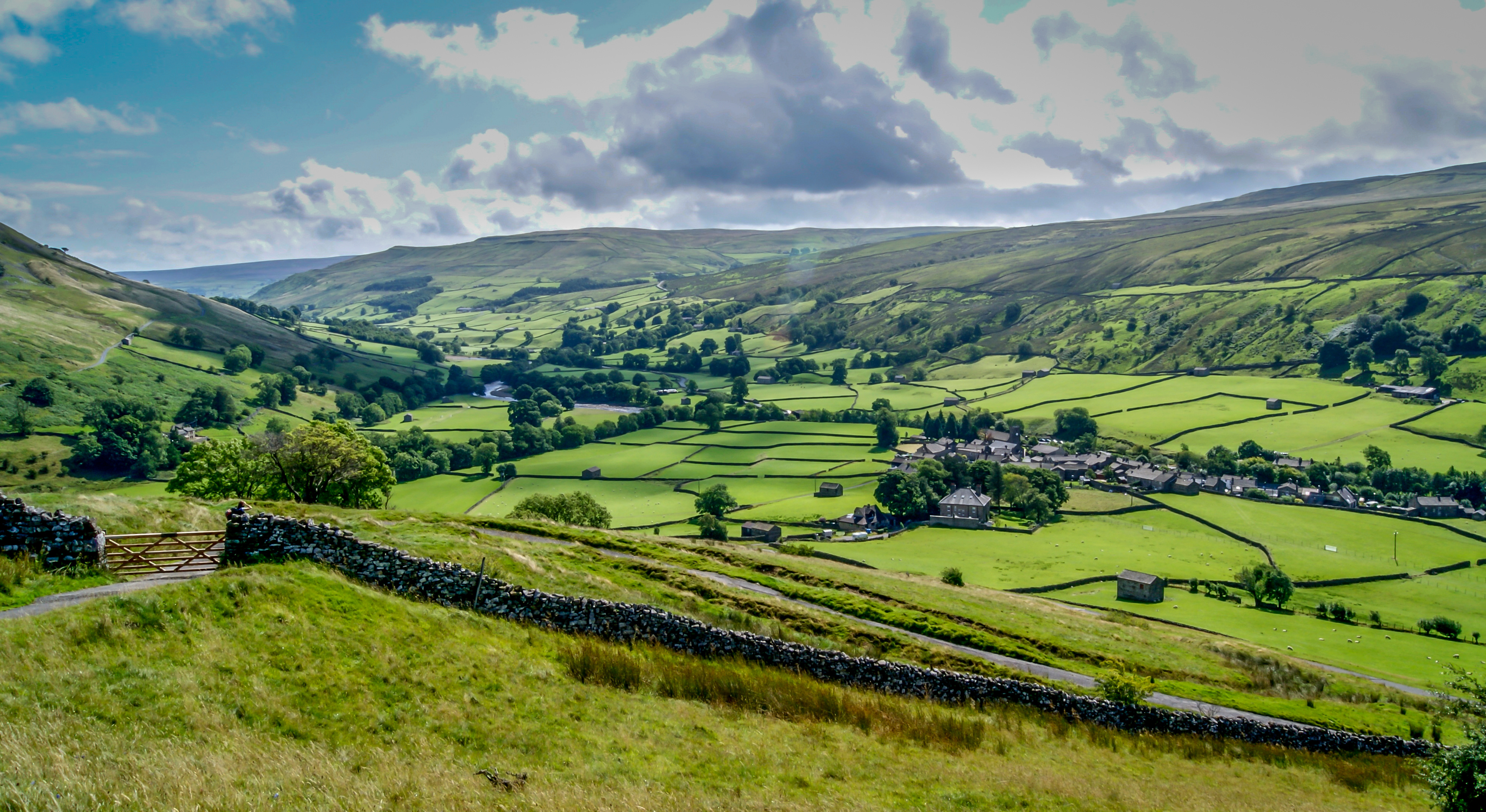



Landowners and farmers are key when addressing the UK's environmental crisis
New research from ecological consultancy EPR finds that despite delays in the UK's environmental legislation, farmers can begin environmental recovery efforts by taking advantage of existing incentive scheme.Farmers and rural landowners have a critical role to play in the UK’s environmental recovery today. This is according to a new report released by ecological planning consultancy EPR (Ecological Planning & Research) Ltd, which calls for landowners across all sectors to look at the environmental and financial opportunities that current and new legislation presents for their land.
The business case for agricultural landowners has already begun to shift in favour of the environment thanks to the emerging Agriculture Bill, Environment Bill, and a new, broader definition of farming that embraces the cultivation of a healthy environment.


Whilst the UK Government has committed to match the payments farmers would receive from the EU for two years following Brexit, once this transition period is up the only subsidies an agricultural landowner will receive will come from the provision of "public goods". The restoration and creation of a healthy environment must therefore become a core part of many farm’s commercial operations.
Despite delays in this promised environmental legislation, there are several additional incentives and schemes open to those landowners seeking to deliver positive nature-based changes, now. However, the present low take-up demonstrates that the complexities around these incentives is proving a roadblock, and is compounded by a reticence to commit before the government provides clarity on the Environment Bill and Environmental Land Management scheme.
In response to this clear need for clarity, in "A Business Case for Cultivating Natural Capital", EPR outlines the business and environmental case for natural assets, the opportunities available, and advises landowners across all sectors on the steps they can take now to deliver lasting gains for our environment through their estate. The report also sets out examples for where multiple schemes can be leveraged simultaneously to generate the greatest benefit for local wildlife and plants, as well as the greatest financial reward for the landowner.
“Some of the boldest, most proactive voices in the fight for our environment are coming from the private sector,” says Karen Colebourn, Director and Principal Ecologist, EPR, “Innovative individuals and businesses, supported by increasingly favourable public sentiment, have responded to the UK’s environmental crisis by recognising the capacity of their land to deliver a wide range of benefits, including carbon capture, flood control, pollution reduction, and restoration of biodiversity. However, in the absence of promised legislation, these businesses require both financial and technical clarity to bring forward their proposals.


Karen continued: “Unfortunately, many ambitious landowners looking to improve the environment feel like they have been left without government guidance, as despite being on the table for more than two years, the Environment Bill, with its commitment to biodiversity net gain, has still not been heard in the Commons. Likewise, the proposed Environmental Land Management scheme for rewarding ‘public goods’ as outlined in the emerging Agriculture Bill, is not set to be rolled out until later this decade.
“However, incentive schemes for landowners looking to provide ecosystem services such as carbon capture and biodiversity net gain are already available – albeit under-reported. These schemes can unlock funding and the strength of the private sector to drive the restoration and stewardship of the environment now, regardless of the progression of the Bills.
“These forward-thinking landowners need guidance on the schemes available in their area, which schemes overlap, and how to understand the opportunities their land could present – for the benefit of the environment and their business. This is precisely what we have aimed to do with our latest report.”









